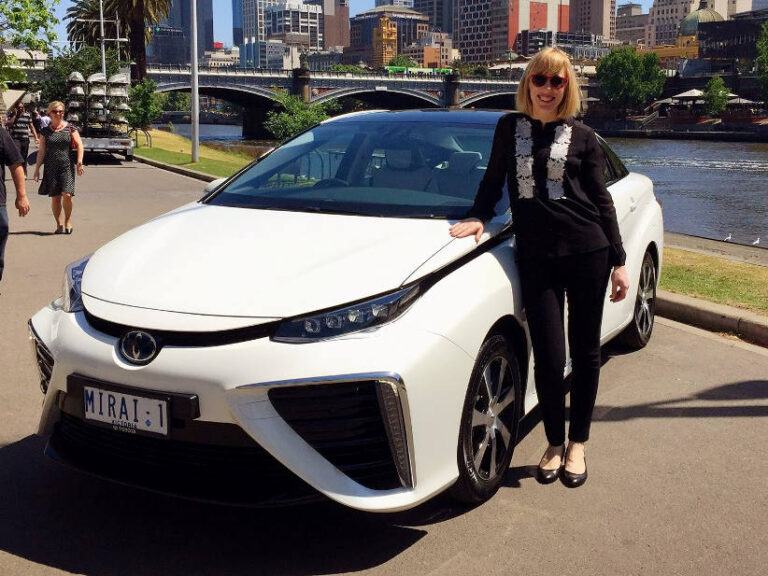Hydrogen Mobility Australia welcomes the announcement that Australian governments will develop a National Hydrogen Strategy and outline a pathway for Australia to create a domestic and export hydrogen sector.
Unanimously approved by the COAG Energy Council yesterday, the National Hydrogen Strategy will determine a coordinated way forward to maximise Australia’s competitive advantages, including our large renewable energy potential, and become a major global hydrogen player in this growing energy space.
To be developed throughout 2019 and implemented from 2020, the strategy will focus on policies and measures to enable the domestic use of hydrogen in areas including transport and refuelling infrastructure, decarbonisation of the gas supply, interaction with electricity systems, energy storage, industrial processes as well as the export of hydrogen and its carriers.
From a mobility perspective, the use of hydrogen as a transport fuel can reduce emissions and the world’s reliance on fossil fuels. Hydrogen powered vehicles, including passenger cars, buses, trucks, trains and forklifts are being manufactured by leading automotive companies and deployed worldwide, including Australia, in recognition of these benefits.
The decision to develop a National Hydrogen Strategy is a logical and pragmatic way forward for Australia to take advantage of the ever-building transition to clean hydrogen around the world, including hydrogen-powered transport. As a central pillar of the world’s energy transition, hydrogen is anticipated to create thousands of jobs for Australians, increase our export capacity and build our economy, while fuelling a cleaner future.
Hydrogen Mobility Australia congratulates all involved in driving this important work, including the Chief Scientist, Dr Alan Finkel for his vision and commitment to a hydrogen economy for Australia.
CEO, Claire Johnson said the association and its members are excited by this development and look forward to working closely with governments to establish a roadmap for an Australian hydrogen sector.
“From our cars to our homes, our cities to our industries, and from our country to the world, hydrogen can be a key player in our clean energy future and Australia is in a strong position to reap its benefits.” Ms Johnson said.
“For us to recognise a future with less emissions, greater economic gains and healthier outcomes, we must act now to build infrastructure, develop policies and incentives, and produce an environment where hydrogen production, supply and use thrive. A national hydrogen strategy will allow us to do exactly that.
“As the peak body for hydrogen, we will continue to engage with governments and industry to create the right policy landscape for the hydrogen sector to develop and increase public understanding of what a clean energy future with hydrogen means.” Ms Johnson said.






